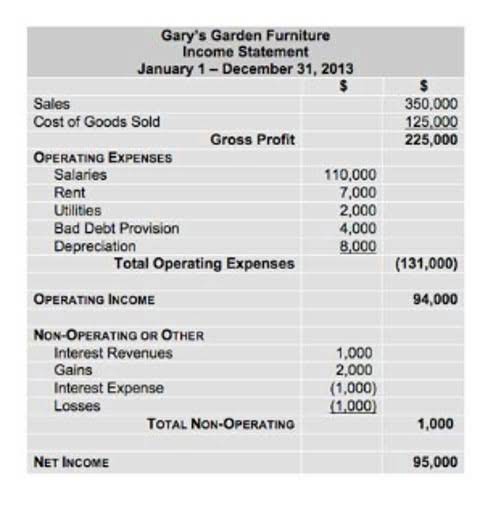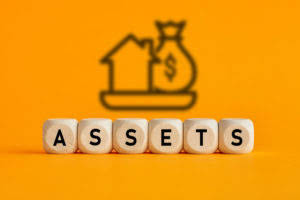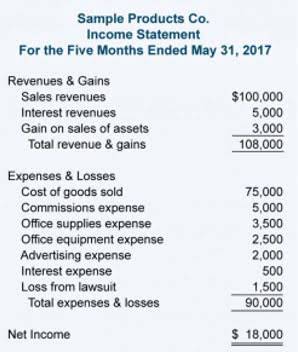

As a bookkeeper, you oversee the first steps of the accounting cycle, while an accountant typically handles the last two. You must pass the bookkeeping, payroll, QuickBooks Online and accounting certification exams before qualifying for CPB licensure. If you do not pass one of the certification exams, you can retake it for a fee of $40 for NACPB members and $50 for nonmembers. It’s completely possible to learn how to become a bookkeeper with absolutely no experience. Online bookkeeping courses are the fastest way from zero experience to paid work, but there’s a ton of free content online if you want to learn on your own. Working as a freelance bookkeeper means you’re an independent business owner who contracts out their services to other business owners.
- As a bookkeeper, your work environment can vary greatly depending on the type of organization or business you work for.
- A bookkeeper is responsible for recording and maintaining a company’s daily financial transactions.
- Enhance your résumé and showcase your skills with an accounting fundamentals certificate from the School of Business.
- If you work your network and are still having trouble, turn to job boards.
- In addition, the Internal Revenue Service and many banks require businesses to have complete financial statements.
Typical Requirements to Become a Bookkeeper
These reports help the accountants, as well as the business owners, understand the financial position of the business. The median annual income for bookkeeping, accounting, and auditing clerks was $45,860 in 2022. However, the actual salary varies substantially depending upon factors such as location, level of education and experience, industry, and job responsibilities. For instance, bookkeepers in the finance and insurance sectors tend to earn more than those in other industries. Similarly, bookkeepers with a degree and professional certification can expect to make more than those without formal qualifications.
- Further, they need to meet the requirements of filing tax returns and financial statements with their local revenue authorities.
- Bookkeepers manage a company’s financial accounts, ensuring they are accurate and easy to review.
- Effective communication is essential for recording those daily transactions.
- It also includes more advanced tasks such as the preparation of yearly statements, required quarterly reporting and tax materials.
- The content on this website is provided “as is;” no representations are made that the content is error-free.
Check for errors in reports.
To prove they possess certain skills, they may also complete one or both professional bookkeeping certificates available. Most bookkeepers hold high school diplomas and have completed postsecondary courses in relevant subjects, like accounting. After completing your education, you can seek an internship and get on-the-job training to become a bookkeeper. However, it helps to have a two- or four-year degree in accounting, finance or related discipline.


Get Your Certification
This article will break down everything you need to know about filing your taxes as a South African expat, ensuring you stay compliant and avoid any surprises. Set your business up for success with becoming a bookkeeper our free small business tax calculator. After Lechner explained accounting issues to a layperson for an hour, she needed to prepare for her next conference call with the independent auditors.
Types of Bookkeepers
They should cover all the essentials you need to learn to be a competent and capable bookkeeper. The next step in becoming a QuickBooks certified user is to prepare for the QuickBooks certification exam. In order to prepare for this https://www.bookstime.com/ exam, you need to attend QuickBooks training classes as these classes offer you a good foundation of QuickBooks knowledge. All you need to do is complete the accounting fundamentals course and pass the bookkeeping certification exam.


While any competent employee can handle bookkeeping, accounting is typically handled by a licensed professional. It also includes more advanced tasks such as the preparation of yearly statements, required quarterly reporting and tax materials. There are many different programs out there that can help you get started on the right foot. Some programs even allow you to create books and track expenses and income. You’ll need some basic knowledge of how these programs work, but once you learn that, it will be easy for you to begin entering data into them daily. This will give you a solid foundation in accounting and help you learn how to set up accounts, keep track of transactions, and perform basic bookkeeping tasks.





